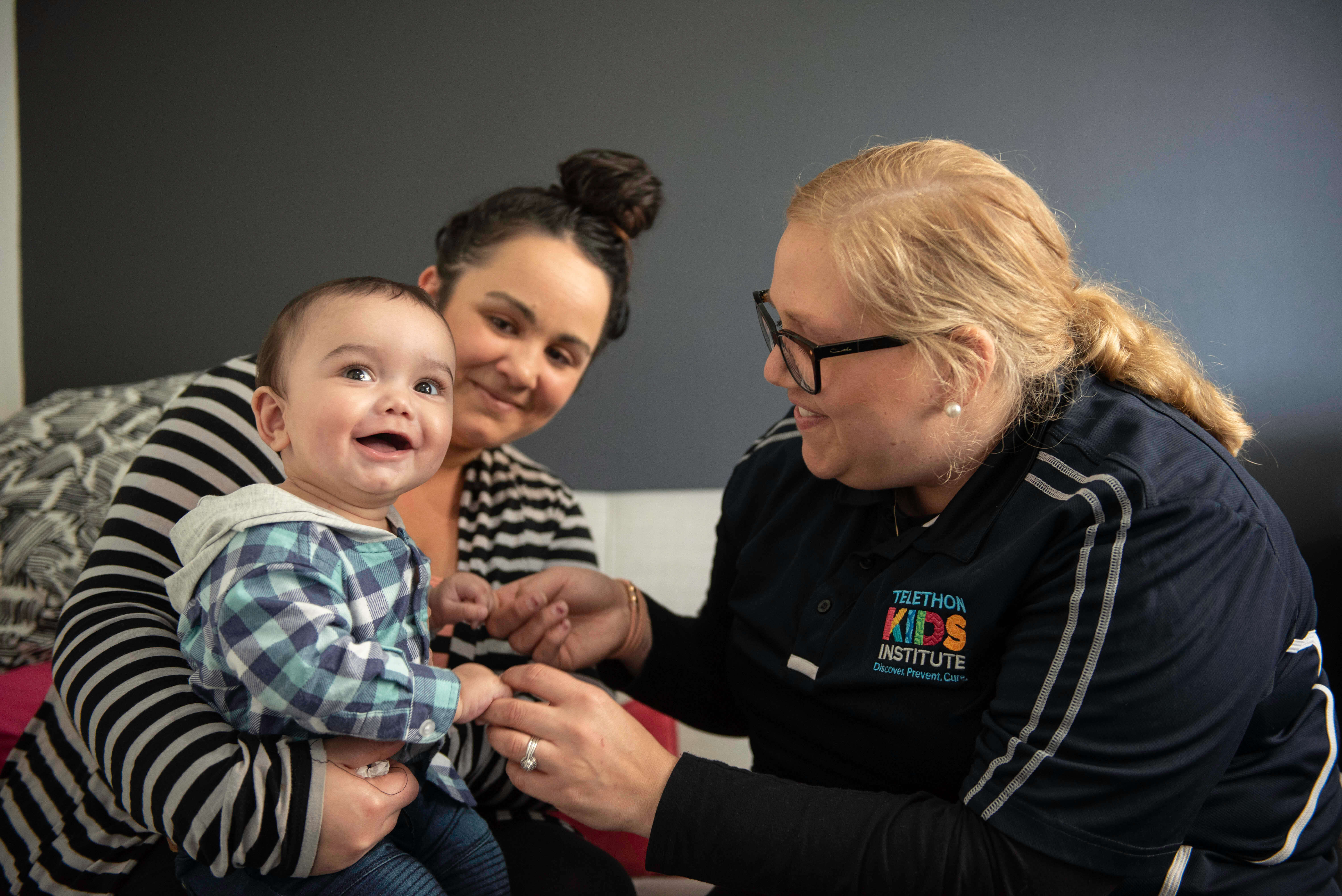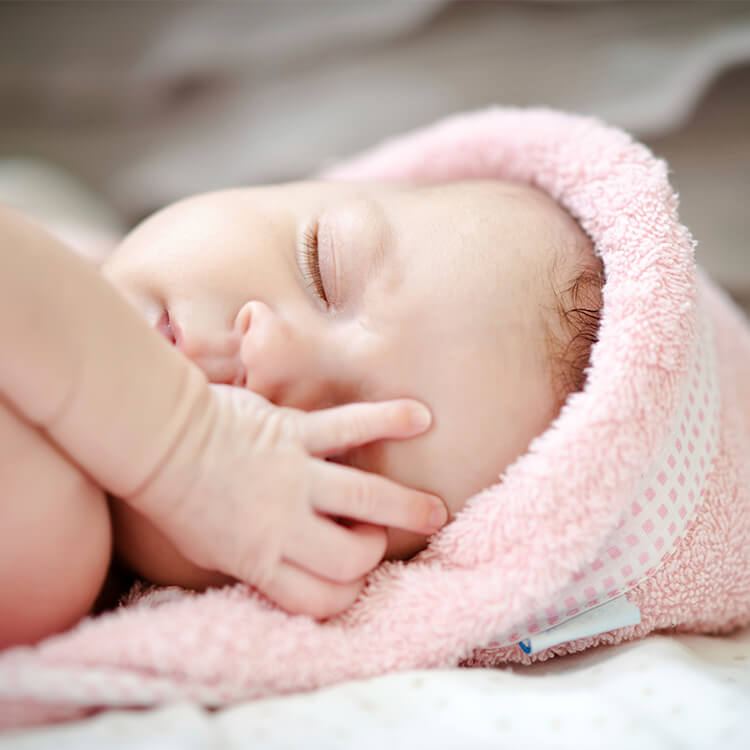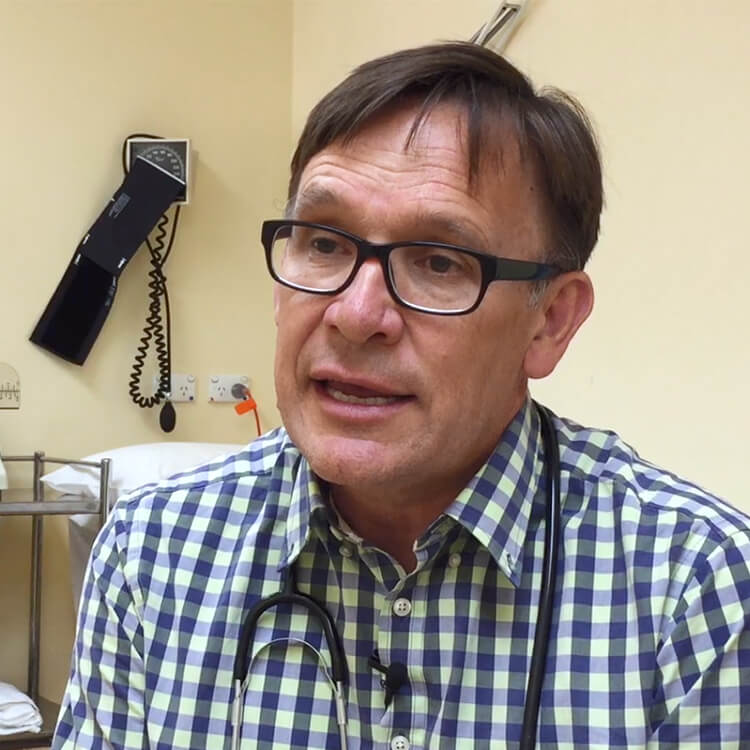Search
Research
Preterm infants have deficient monocyte and lymphocyte cytokine responses to group B streptococcusGroup B streptococcus (GBS) is an important cause of early- and late-onset sepsis in the newborn. Preterm infants have markedly increased susceptibility...
Research
The changing epidemiology of invasive pneumococcal diseaseWe investigated trends in invasive pneumococcal disease (IPD) in Western Australia (WA).
Research
Vaccinating young adults against HPV: the importance of understanding health decision-making and behaviourVaccination of young teenage females against human papillomavirus (HPV) with a newly licenced quadrivalent vaccine designed to prevent cervical cancer and...

News & Events
Wesfarmers tops 2019 GivingLarge ReportThe major funder of the Wesfarmers Centre of Vaccines and Infectious Diseases based at The Kids Research Institute Australia has been recognised as Australia’s most generous giver.

News & Events
Babies at risk due to delayed vaccinationsAs many as a quarter of Australian babies aren’t getting vaccinated on time, leaving them at risk of developing life-threatening illnesses such as whooping cough when they are most vulnerable.

News & Events
New meningococcal strains bring increased risk in WAA new study has confirmed the changing pattern of meningococcal disease in Western Australia.
Research
Strongyloides seroprevalence before and after an ivermectin mass drug administration in a remote Australian Aboriginal communityWe report the impact on Strongyloides seroprevalence after two oral ivermectin mass drug administrations (MDAs) delivered 12 months apart in a remote Australian Aboriginal community.
Research
Limited impact of neonatal or early infant schedules of 7-valent pneumococcal conjugate vaccinationEarly 7vPCV schedules have limited impact on pneumococcal vaccine type carriage in PNG
Research
Establishing a process for conducting cross-jurisdictional record linkage in AustraliaWe outline the processes involved in conducting a Proof of Concept data linkage project including the implementation of national data integration principles
Research
Real-time safety surveillance of seasonal influenza vaccines in children, Australia, 2015This paper reports the results from the safety surveillance of influenza vaccines in children in Australia, in 2015.
